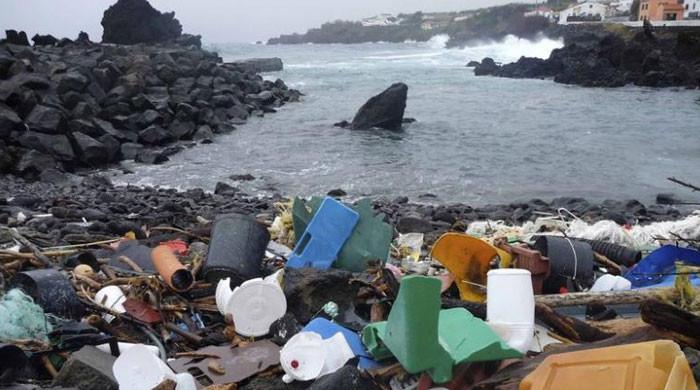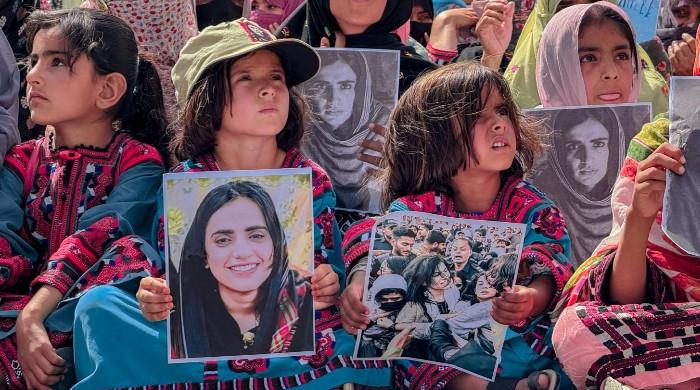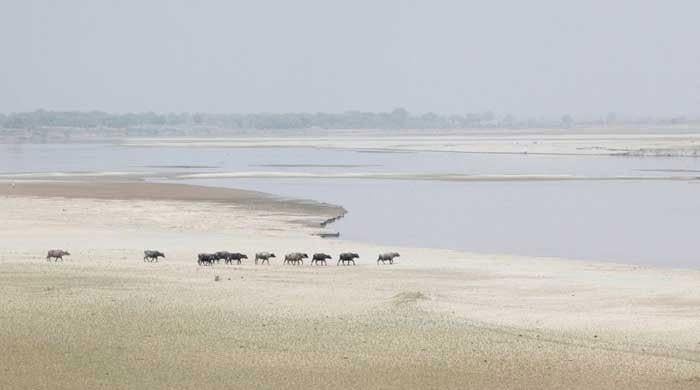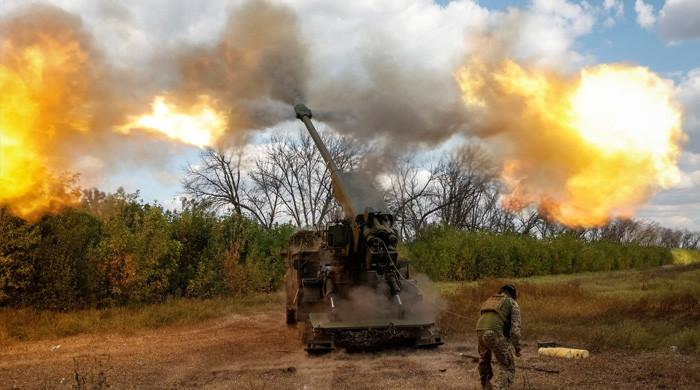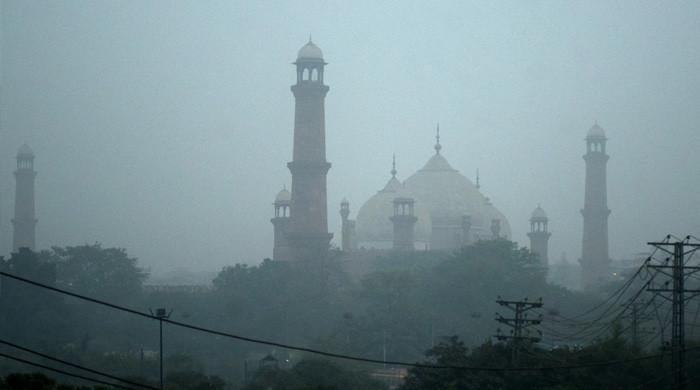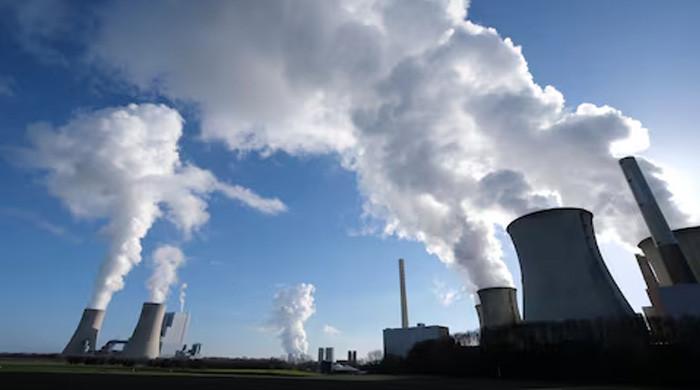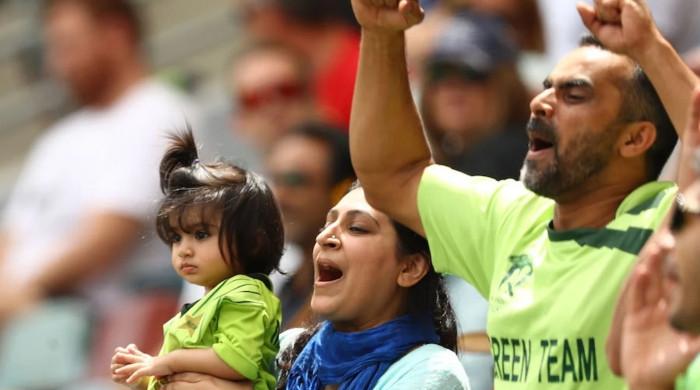To all victims of oppression
Formation of new international organisation of over dozen left-wing parties has created a ripple of excitement among working classes of several countries
June 28, 2024
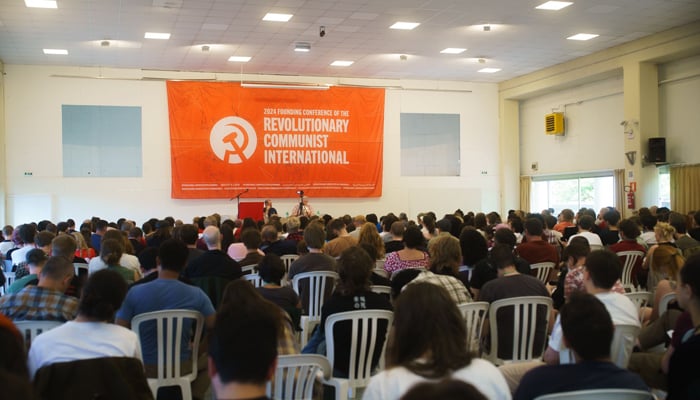
The formation of a new international organisation of over a dozen left-wing parties has created a ripple of excitement among the working classes of several countries.
The organisation, the Revolutionary Communist International (RCI), has emerged at a time when the Western capitalist world is witnessing the rise of far-right forces that are bent on dividing people along national, religious and racial lines.
The RCI recently held its founding conference in Italy, which has been described by organisers as a stunning success. The event brought 7,700 communists together online in over 120 countries, and around 500 representatives attended the conference in person.
The RCI supposedly has full sections in 26 countries, with sizable groups in 12 further countries. Britain is currently the largest section of the RCI, with over 1,200 members and 100 branches across the country.
The conference discussed the necessity of a revolutionary philosophy; the war in Palestine; the history of the Russian Revolution; the building of the Bolshevik Party; historical materialism; the history of communist international and imperialism; and other important topics.
Left-wing parties often face paucity of funds and constraints of financial resources, but the conference managed to collect €488,930, which organisers say will be used to further the cause of the party.
Addressing the conference, Hamid Alizadeh from the International Secretariat of the RCI, pointed out that “there is nothing like the RCI anywhere in the world. No other organisation has taken a serious approach to the genuine ideas of Marxism and the real traditions of revolutionary communism.”
Alizadeh may not be a familiar name for many left-wing workers, but another RCI member, author and political theorist Alan Woods, is widely known in socialist circles across the world.
Woods rose to prominence after he met with Venezuelan President Hugo Chavez who revealed in an interview that he was reading Woods' book titled Reform or Revolution.
This is not the first time that communists have formed an international organisation. The concept of internationalism has always been there. The founders of communism, Karl Marx and Frederic Engels, along with other revolutionaries formed the first international left-wing organisation in 1847 named the Communist League.
It was disbanded after some years. The second such party named the International Workingmen’s Association (IWA) was formed in 1864 lasting until 1976. It is also called the First International and it was meant to unite leftists of various tendencies. At its peak, the IWA had eight million members.
The Second International, also called the Socialist International, was an organisation of socialist and labour parties, which was formed in 1889 at two simultaneous Paris meetings in which delegations from 20 countries participated. It was dominated by the German Social Democratic Party, the largest communist party of the time.
Most of the member parties of the Second International threw their support behind World War I, despite making an earlier promise not to endorse any such capitalist conflicts. The decision, which had stunned many socialist leaders including Lenin, led to its dissolution in 1916.
The Third International also known as Communist International or Comintern was founded in 1919. Led by the USSR, it tried to export revolutions to other parts of the world, throwing its support behind efforts to bring about a radical change in Hungary and Germany, but in its later periods, it was accused by Trotskyist organisations of abandoning the idea of a global revolution.
It was criticised for its contradictory approaches to China, India, Greece, Spain and other countries. The Third International evaporated with the fall of the Soviet Union.
Leon Trotsky, who was expelled from the Soviet Communist Party and exiled, formed The Fourth International in France in 1938 but most of the communist parties remained loyal to the Moscow-led Comintern.
Trotsky's International suffered divisions with several Trotskyist groups forming multiple international organisations to unite left-wing parties across the world with very little success.
The formation of the RCI has come at a time when the spectre of the far-right's rise is haunting Europe. Ultranationalist parties are likely to make inroads in countries like France, Germany and the UK.
The recent European elections suggest they are a force to be reckoned with. They seem to dominate the political landscape in Hungary, Italy, the Netherlands and several other European countries.
Nationalist feelings are running high owing to austerity and the shifting of industries by capitalists to other regions of the world. For instance, it is believed that the US witnessed the shutting down of over 55,000 manufacturing or industrial units after China joined the WTO during the 1990s.
Capital is moving in the direction where it can find more profits. The lust for profit has caused the shifting of industries and services to India, China, Vietnam, Bangladesh and other countries.
The recent hike in the military spending of European countries has added to the woes of working-class people. Many European countries are now spending 2% of their GDP on defence, which is badly affecting social welfare programmes in those states.
The situation is likely to get worse in countries like Poland which witnessed a phenomenal surge in defence spending.
This increase in the budget has forced Western countries to cut down on social spending. In addition to that, the Ukrainian conflict has also created immense hardships for toiling people.
The conflict has not only greatly disturbed the global supply chain system — leading to price hikes of essential and other commodities — but also led to an influx of immigrants into European countries, shrinking job opportunities for local working-class people.
Far-right forces, who have already been venting their anger against Syrian and other refugees, have seized this opportunity, turning immigration into the most important issue of European politics.
Given this situation, it is an uphill task for the RCI to forge unity among working-class sections. Nationalism is a potent force that has always threatened this unity, especially during times when lines get blurred between progressive nationalism and chauvinism.
The discord between European and non-European working classes is not the only big challenge for any organisation seeking unity among working-class people globally, but in the developing world, such disharmony has also penetrated various sections of society.
Multinational states like Pakistan, Iran, Afghanistan, Turkey, Iraq, India, Spain, Syria and others are witnessing oppression by one dominant nation on other ethnic minorities, while African countries are mired in tribal and religious wars.
From Sudan to Somalia and Nigeria to Kenya, conflicts are playing havoc with the lives of people besides sowing the seeds of hatred that might take centuries to eliminate. In Latin American countries, drug-related conflicts are tearing down the social fabric of those societies.
Countering these challenges without actively taking part in parliamentary politics will be an arduous task. Most socialist parties across the world are on the peripheries of mainstream politics. It is to be seen what course of action the RCI adopts to practically become a dominant force on the political landscape of various countries.
With shrinking political freedoms all over the world, including advanced democracies, it will be difficult for the new International to mobilise people.
A vast majority of people across the world seem to be fed up with the promises of politicians and the rhetoric of leaders. Amid this gloomy political environment, the space for a new force exists. Only time will tell whether it can be utilised for the benefit of the working classes.
The writer is a freelance journalist who can be reached at: [email protected]




